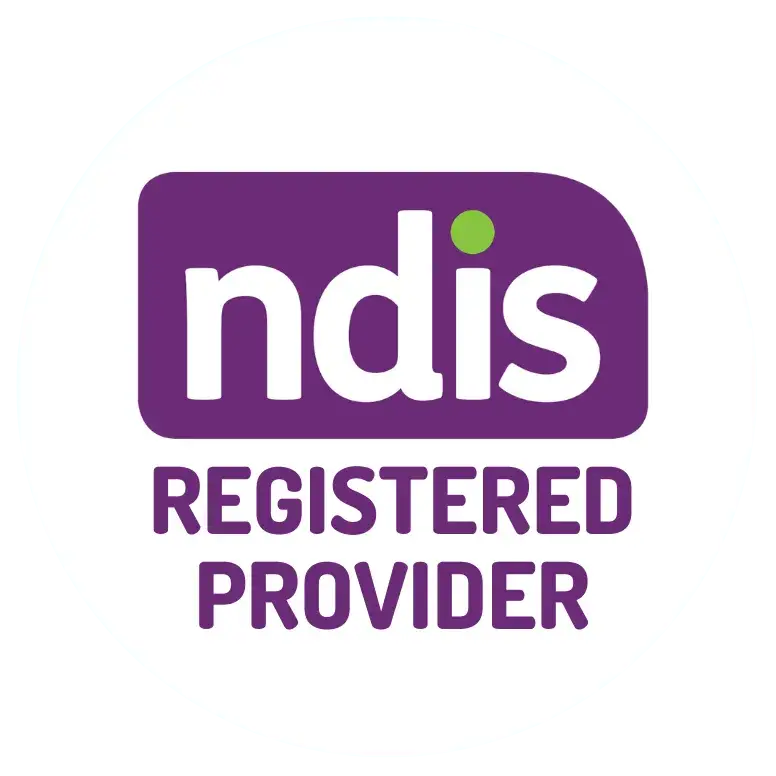The Role of Neurodiversity in Innovation and Creativity
In today’s rapidly evolving world, innovation and creativity have become crucial for success in almost every field. From technology and science to the arts and business, the ability to think outside the box and generate novel ideas is more important than ever. In this landscape, a growing body of evidence points to the significant role of neurodiversity in fostering innovation and creativity. Embracing and supporting neurodiverse individuals not only promotes inclusivity but also unleashes a powerful engine for groundbreaking ideas and solutions.
Understanding Neurodiversity
Neurodiversity is a concept that recognizes and values the diverse ways in which human brains function. It encompasses a range of neurological conditions, including autism spectrum disorder (ASD), attention deficit hyperactivity disorder (ADHD), dyslexia, and more. Rather than viewing these conditions as deficits or disorders, the neurodiversity paradigm sees them as natural variations in human cognition, each with its unique strengths and challenges.
The Link Between Neurodiversity and Creativity
Unique Perspectives and Problem-Solving Approaches
Neurodiverse individuals often think in ways that differ from the neurotypical population. This can lead to unique perspectives and novel problem-solving approaches. For example, people with autism may have an exceptional ability to focus intensely on specific interests, leading to deep expertise and innovative insights in their chosen fields. Similarly, those with ADHD might excel in dynamic, fast-paced environments where their ability to think quickly and adapt can drive creative solutions.
Hyperfocus and Attention to Detail
Many neurodiverse individuals exhibit hyperfocus, an intense concentration on tasks that interest them. This ability to deeply immerse themselves in their work can result in high levels of creativity and productivity. For instance, renowned inventors like Nikola Tesla and Thomas Edison are often cited as historical examples of neurodiverse individuals whose intense focus and attention to detail led to revolutionary innovations.
Non-Linear Thinking
Neurodiversity often involves non-linear thinking patterns, which can be a significant asset in creative fields. Non-linear thinkers are adept at making connections between seemingly unrelated concepts, leading to original ideas and approaches. This type of thinking is particularly valuable in industries like advertising, design, and technology, where innovation often hinges on the ability to see beyond conventional boundaries.
Real-World Examples of Neurodiversity Driving Innovation
- Silicon Valley’s Tech Giants: Many tech companies, including Microsoft, SAP, and IBM, have recognized the value of neurodiversity and actively recruit neurodiverse individuals. These companies have reported that their neurodiverse employees bring unique problem-solving skills and innovative ideas that enhance their competitive edge.
- Creative Arts and Entertainment: The entertainment industry has neurodiverse individuals whose unique perspectives have shaped their artistic output. Filmmaker Tim Burton, musician Mozart, and artist Vincent van Gogh are just a few examples of neurodiverse individuals whose work has had a lasting impact on their respective fields.
Creating an Inclusive Environment for Neurodiverse Individuals
To fully harness the potential of neurodiversity, organizations, and societies must foster inclusive environments where neurodiverse individuals can thrive. This includes:
- Providing Accommodations: Adjusting workspaces and processes to accommodate different sensory and cognitive needs.
- Promoting Awareness and Acceptance: Educating employees and the public about neurodiversity to reduce stigma and promote understanding.
- Offering Support and Resources: Providing access to resources such as coaching, mentoring, and mental health support tailored to neurodiverse individuals.
Conclusion
The role of neurodiversity in innovation and creativity is undeniable. By embracing and supporting neurodiverse individuals, we can unlock a wealth of unique talents and perspectives that drive progress and enrich our world. As we move towards a more inclusive future, recognizing and celebrating the contributions of neurodiverse individuals will be key to fostering a truly innovative and creative society.




